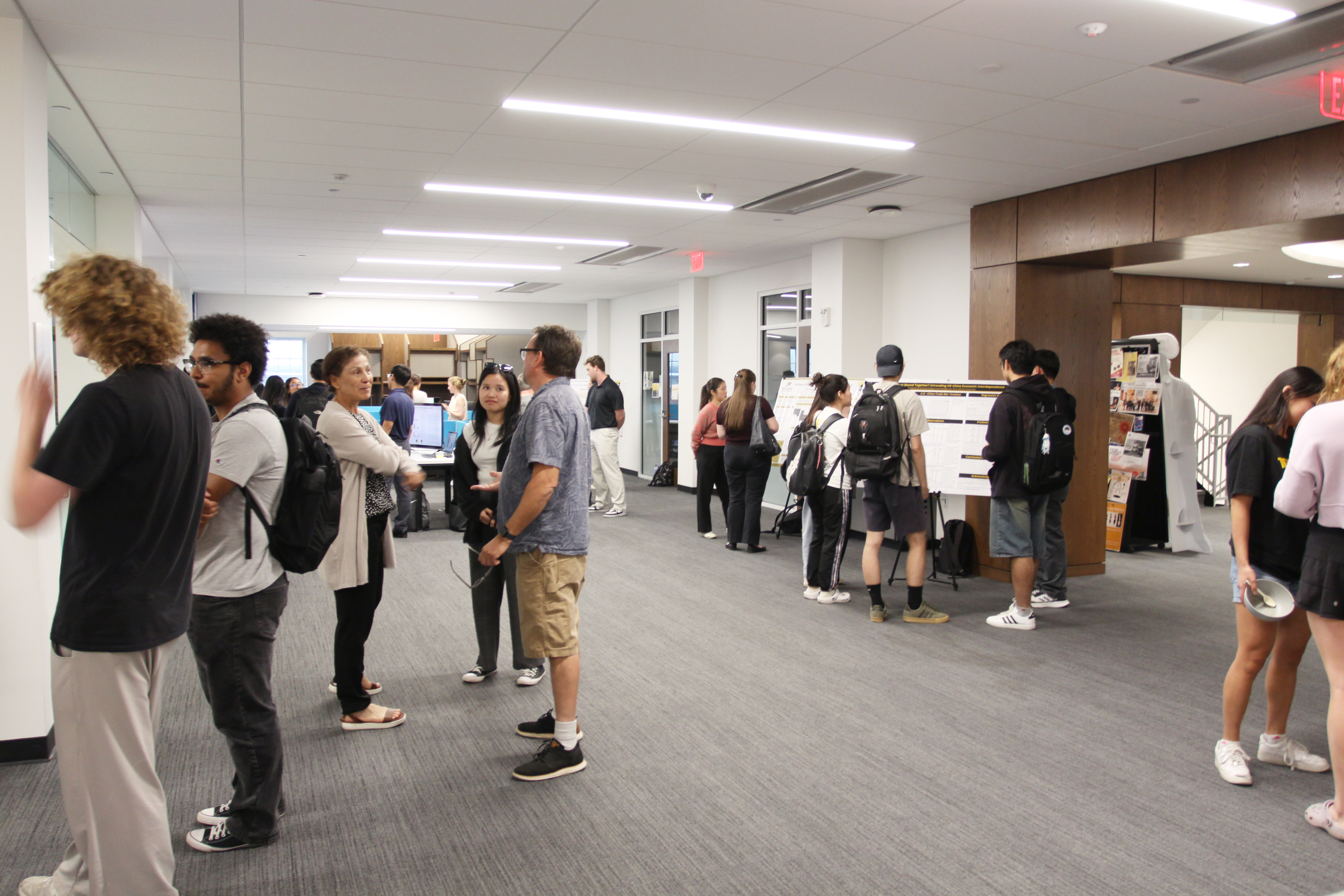Files
Download Full Text (3.1 MB)
Document Type
Poster
Publication Date
Fall 2021
Abstract
Problematic social media use is characterized by being overly concerned about social media, having an uncontrollable urge to use social media, and devoting ample amounts of time to social media that impairs other important life areas. According to Statista, 15% of people from 23-38 years of age admit they demonstrate problematic social media use, and 30% of all the participants surveyed admit they somewhat demonstrate problematic social media use. Problematic social media use is a growing problem, especially during a time where the world took a momentary pause and people turned to social media during quarantine amidst the pandemic. The Bergen Social Media Addiction Scale (BSMAS) has been widely used to measure this problematic behavior. This is a short six item scale measuring one factor, overall social media addiction. The goal of the current study was to create a new scale based on the BSMAS and the validated Internet Addiction Test-Short Version (s-IAT). The s-IAT is a 12 item scale that measures Internet addiction with the two factors control and craving. The scale was sent to 361 participants, both males and females to see whether or not there are gender differences. Our findings show that the DePauw Social Media Scale does measure problematic social media use and captures the two factors control and craving. There were gender differences in control, where females were higher than males, but not in craving. Our findings reveal that the relationship between gender and problematic social media use may differ from gender and Internet addiction.
Recommended Citation
Childs, Aaniyah and West, Robert PhD, "Problematic Social Media Use: Are There Gender Differences in Control and Craving" (2021). Annual Student Research Poster Session. 54.
https://scholarship.depauw.edu/srfposters/54




Funding and Acknowledgements
This study was funded by DePauw Science Research Fellowship.